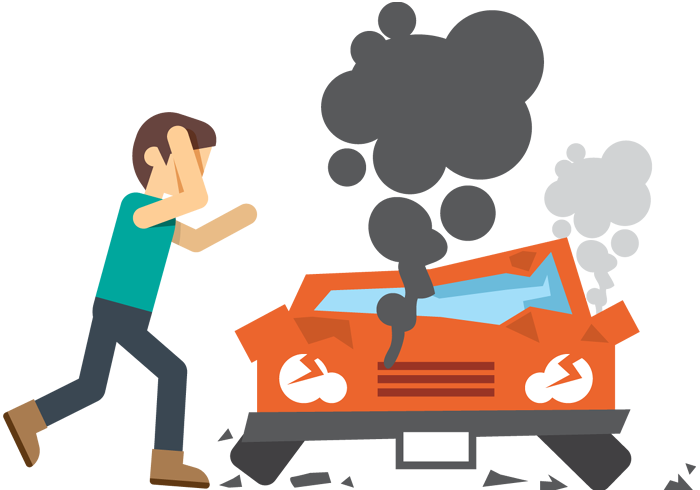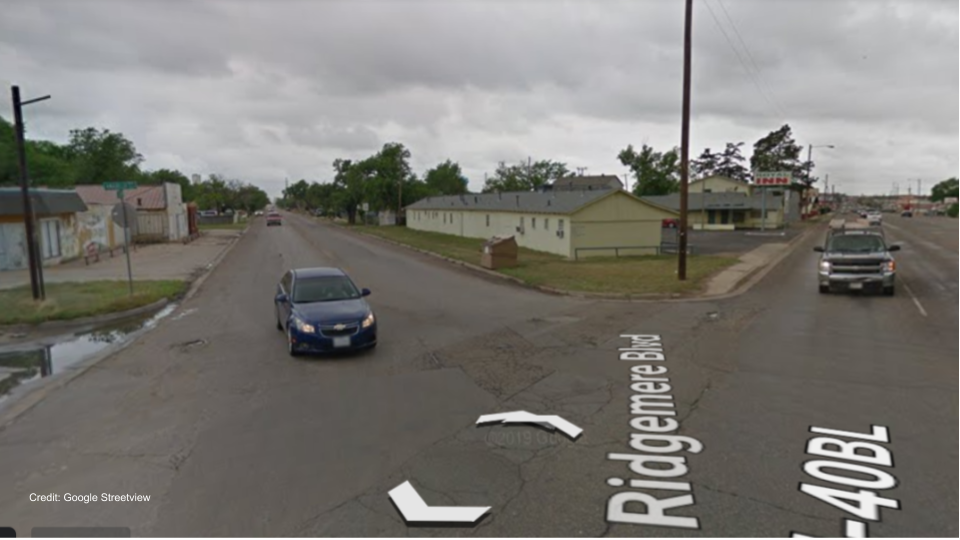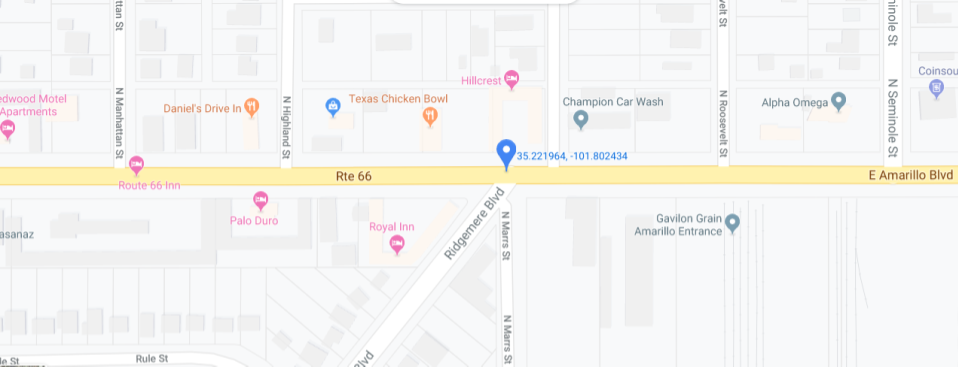Texas personal injury victims not only have to prove that a defendant is liable for their injuries but also the extent of the victim’s damages. In a recent personal injury case on appeal, the court considered the standards for awarding certain damages under Texas law, and whether the $2.8 million award could stand.
In that case, another truck crashed into the plaintiff’s truck. The plaintiff filed a negligence claim against the driver and his employer, a trucking company. The crash caused the plaintiff back injuries, requiring him to undergo back surgery and causing him continuing pain. The case went to trial and the jury found in favor of the plaintiff and awarded him over $2.8 million in damages. The jury awarded damages in the amounts of: $150,000 for past physical pain, $120,000 for past mental anguish, $94,243 for past medical expenses, $200,000 for past physical impairment, $1,000 for past disfigurement, $15,000 for past lost wages, $1 million for future physical pain, $140,000 for future mental anguish, and $1.1 million for future physical impairment.
On appeal before a federal appeals court, the defendants argued there was no support for the future mental anguish award and that the future pain award was excessive. The court first considered which standards applied. Federal law in the jurisdiction allows a verdict at 150% of the highest inflation-adjusted recovery in a published decision involving comparable facts. In contrast, Texas does not use a maximum recovery rule, and instead looks at whether the evidence would allow a reasonable, fair-minded jury to come to reach the verdict that the jury reached. However, in a case that is “so factually insufficient or so against the great weight and preponderance of the evidence as to be manifestly unjust,” strong deference to the jury’s verdict is not necessary.
 An accident is always inconvenient, and costly, as well as dangerous. If you’re in an accident, it’s important to first call 911 immediately for anyone who is injured. Your next step? Call Carabin Shaw for a lawyer who is committed to making your bad situation better. And to prevent it from costing you more money and time.
An accident is always inconvenient, and costly, as well as dangerous. If you’re in an accident, it’s important to first call 911 immediately for anyone who is injured. Your next step? Call Carabin Shaw for a lawyer who is committed to making your bad situation better. And to prevent it from costing you more money and time. Texas Injury Lawyers Blog
Texas Injury Lawyers Blog



